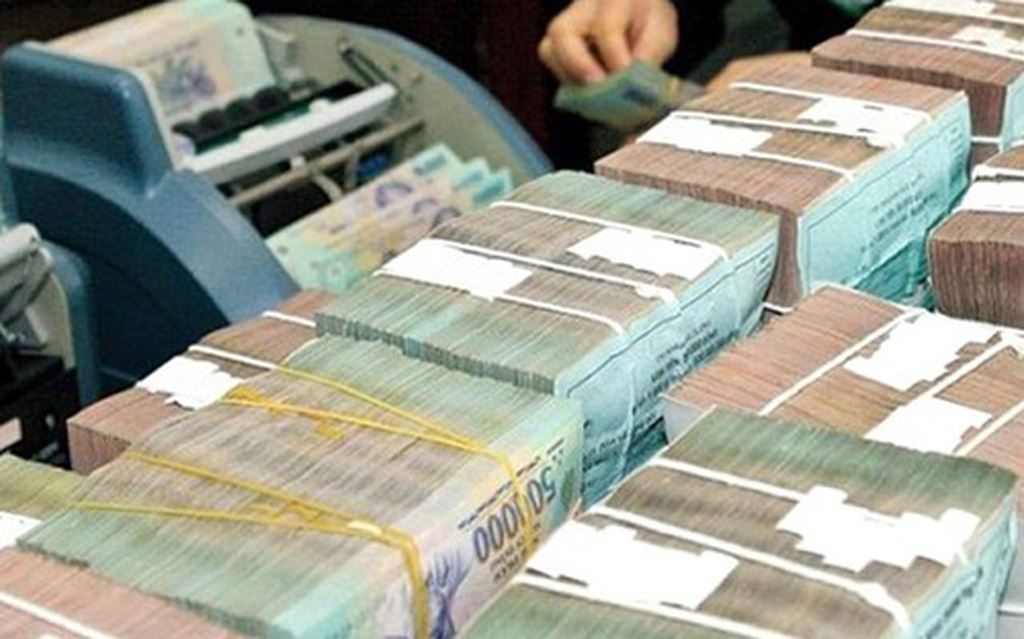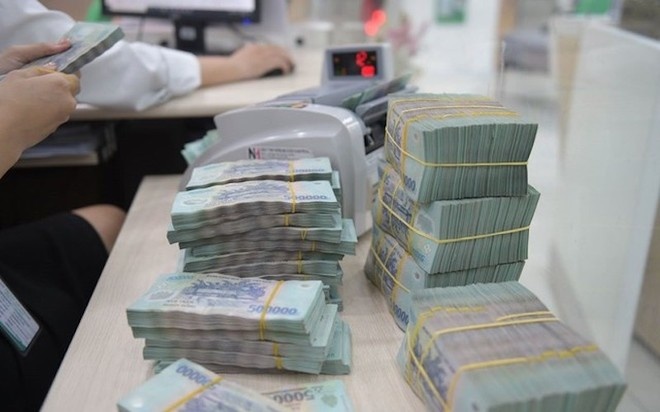Signs of suspicious activity of money laundering in payment intermediary sector in Vietnam
What are the signs of suspicious activity of money laundering in payment intermediary sector in Vietnam? - Nam Anh (Binh Duong)

Signs of suspicious activity of money laundering in payment intermediary sector in Vietnam (Internet image)
Regarding this issue, LawNet would like to answer as follows:
1. What are the common signs of suspicious activity of money laundering in Vietnam?
According to Article 27 of the Anti-Money Laundering Law 2022, the common signs of suspicious activity of money laundering in Vietnam include:
- The customer refuses to provide information or provide inaccurate, inadequate and inconsistent identities.
- The customer induces the reporting entity not to report the transaction to the competent state authority.
- It is unlikely to identify a customer based on the information provided by the customer or a transaction relating to an anonymous party.
- The phone number provided by a customer does not work or exist after an account is created or a transaction is performed.
- The transaction is performed by order or according to the authorization obtained from entities and persons defined in the Greylist.
- The transaction can, based on the customer’s identification information or through examination of economic and legal concepts thereof, determine the connection between the parties involved and criminal activities or the association with the entities or persons appearing on the Greylist.
- The natural or legal person participates in a transaction at great expense, which is deemed as incommensurate with their business situation and income.
- The customer requests the reporting entity to carry out a transaction without conforming to the procedures and processes required by law.
2. Signs of suspicious activity of money laundering in payment intermediary sector in Vietnam
Signs of suspicious activity of money laundering in payment intermediary sector in Vietnam are regulated as follows:
(1) There is a dramatic change in the volume of transactions performed on an e-wallet; money flowing in or out from an e-wallet quickly; despite the great volume of transactions performed a day, the balance remaining in an e-wallet is tiny or equals zero.
(2) A customer frequently tops up or recharges an e-wallet with a lot of small replenishments, then carries out a transaction involving transferring a large amount of money to an e-wallet or withdrawing a large amount of money to its/his/her bank checking account or debit card or vice versa.
(3) Transactions involving transfer of small amounts of money from various e-wallets to an e-wallet or vice versa occur in a short while; a transaction involves transfer of an amount of money to different e-wallets;
Parties concerned in a transaction do not care about transaction fees; a lot of transactions, each of which is close to the great value requiring to be reported, are performed; an e-wallet records a lot of transactions involving transfer of funds to another e-wallet in a unusually short time of origination of each transaction.
(4) A customer’s e-wallet unexpectedly is credited with an unusually great top-up amount.
(5) A transaction involving crediting or debiting money to or from an e-wallet account or transferring money between e-wallets is performed by an entity or person obtaining illegal assets as a result of criminal activity that has been named on the mass media.
(6) There is a suspicion that a customer uses a personal account for conducting a transaction relating to the structure of a legal person, or acting on behalf of other natural person to perform a transaction.
(7) A customer is the merchant that still records any transaction even though the inspection proves that its official website or office has been closed.
(8) Online transactions performed through e-wallets change constantly in terms of login devices or IP addresses.
(9) A customer regularly uses login devices or IP addresses abroad to have access to an e-wallet or perform transactions on an e-wallet; frequently uses a login device or IP address to carry out transactions on various e-wallets of which holders are different.
(Article 29 of the Anti-Money Laundering Law 2022)
Nguyen Thi Hoai Thuong
- Cases of land rent exemption and reduction under the latest regulations in Vietnam
- Economic infrastructure and social infrastructure system in Thu Duc City, Ho Chi Minh City
- Regulations on ordination with foreign elements in religious organizations in Vietnam
- Increase land compensation prices in Vietnam from January 1, 2026
- Determination of land compensation levels for damage during land requisition process in Vietnam
- Who is permitted to purchase social housing according to latest regulations in Vietnam?
-

- Strengthening the review of transactions related ...
- 17:29, 15/11/2024
-

- Directive on strengthening risk management of ...
- 17:56, 12/11/2024
-

- Money laundering risk management and customer ...
- 11:00, 07/10/2024
-

- Emergency response and search and rescue organizations ...
- 10:29, 11/09/2024
-

- Handling of the acceptance results of ministerial ...
- 09:30, 11/09/2024
-

- Notable new policies of Vietnam effective as of ...
- 16:26, 11/04/2025
-
.Medium.png)
- Notable documents of Vietnam in the previous week ...
- 16:21, 11/04/2025
-
.Medium.png)
- Notable documents of Vietnam in the previous week ...
- 16:11, 02/04/2025
-
.Medium.png)
- Notable new policies of Vietnam to be effective ...
- 16:04, 02/04/2025
-
.Medium.png)
- Notable new policies of Vietnam effective from ...
- 14:51, 21/03/2025
 Article table of contents
Article table of contents
